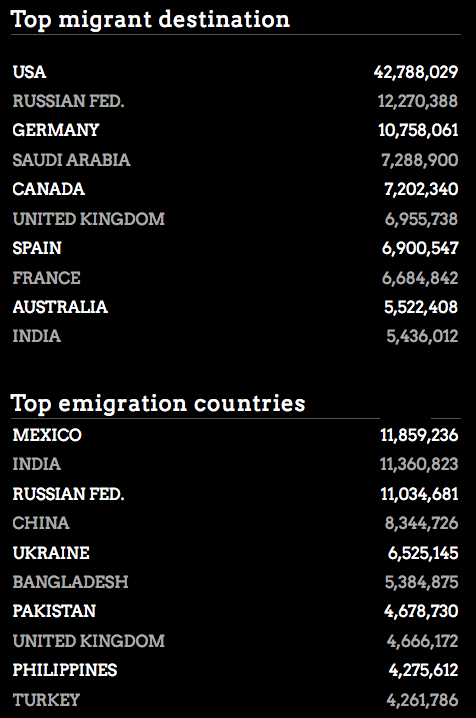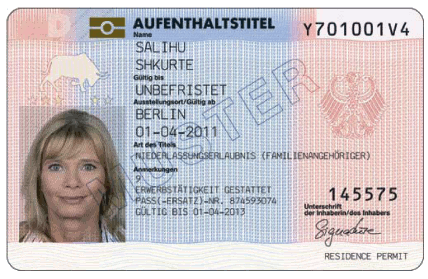We’ve all heard it, the immigration officials are stressing you about your visa? Get pregnant and have a German declare to be the father.
The immigration officials discovered this means of staying in Germany used by foreigners and decided to contest it. So from, 2008 authorities could take action and contest against this paternity by demanding for DNA results before issuing a visa. Now the issue has been taken to court, and the judges at the Federal Constitutional Court in Karlsruhe don’t think this is right. A decision that was welcomed by Pro Asyl.
The judges of the First Senate declared the scheme introduced in 2008 into the Civil Code (BGB) as unconstitutional. The judges declared that, “While the legislature pursues the legitimate purpose of preventing bypassing the regulations associated with the right of residence targeted by acknowledgment of paternity, this regulation in its current form is contrary to the Basic law.” This regulation was so broad and ambiguous that it targeted cases of paternity, that were not intended to circumvent the right of residence.
While overlooking the legislature, the judges stressed that, “The ability of authorities to challenge paternity must (…) be limited to cases specifically whose right to stay is motivated by paternity acknowledgments.” The Federal Constitutional Court thus confirmed concerns of the district court Hamburg -Altona, which had asked the judges to a retest their ruling in 2010.
The judges emphasized that Article 16 of the Basic Law is designed to protect individuals from withdrawal of German citizenship. This protection also applies to children who have acquired German citizenship through recognition of paternity. The BGB- regulation also infringes on the principle of proportionality due to the absence of a reasonable time and age limit.
There were also concerns that the law was infringing on a child’s fundamental rights by withdrawing a child’s nationality. Finally, the Civil Code provision also infringes on the rights of parents under Article 6 and to the right of the child to parental care and education under Article 2 of the Basic Law.
Pro Asyl argues that the law establish a culture of mistrust in the immigration law. This is because it requires the authorities to check whether a social bond exists between the child and father, which amounts to snooping around in the private lives of those affected.
Critics argue that the ruling by the Constitutional Court has left a back door open for a new regulation that could make people face more difficulty in the future.











